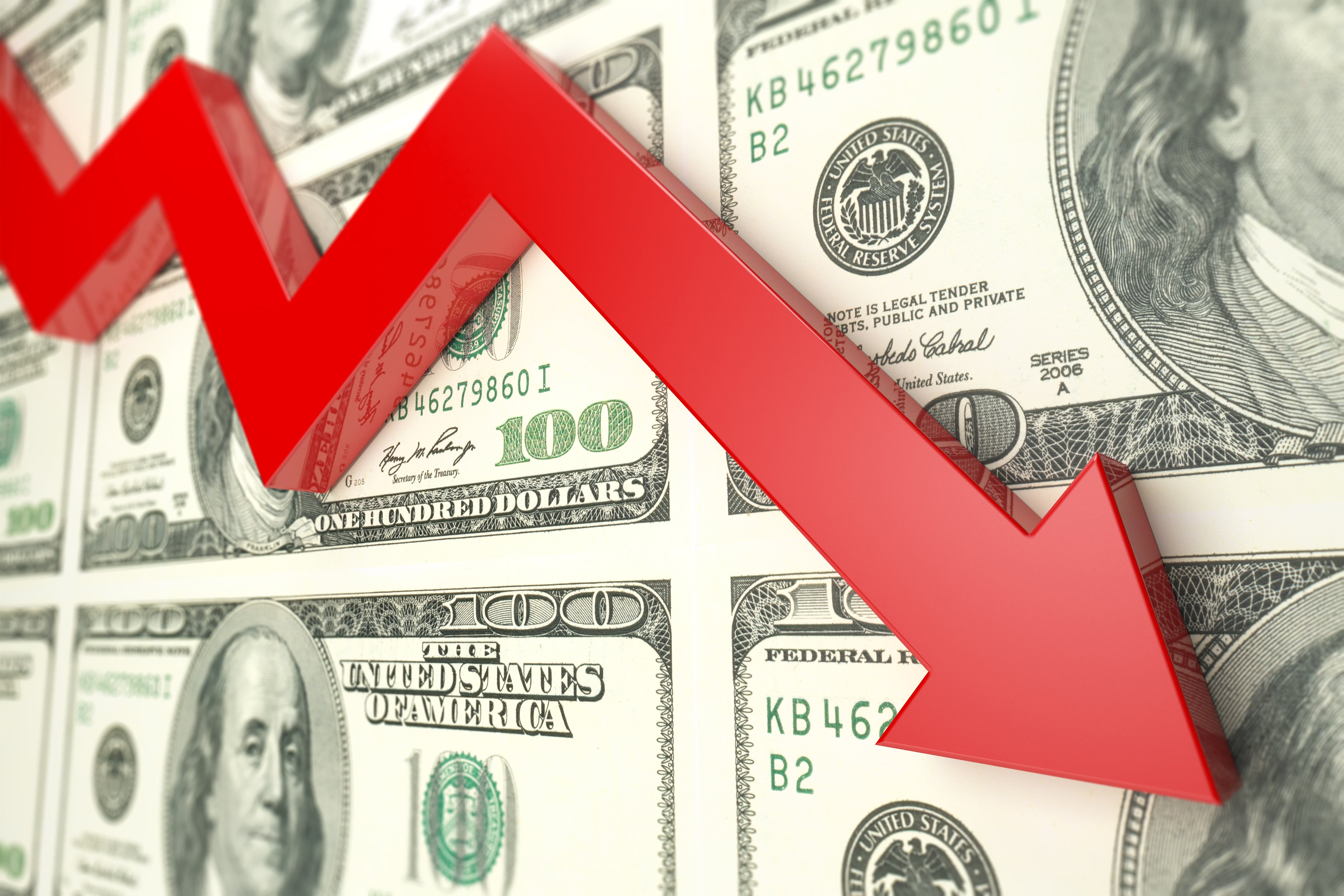On paper, Lucid Group (LCID 8.24%) looks expensive compared to other electric vehicle (EV) stocks. Shares currently trade at 6.3 times sales. Rivian Automotive, a competitor, trades at just 2.5 times sales.
Think Lucid shares are too expensive? Think again. One well-known investor just made a prediction that could create massive value for Lucid shareholders over the next decade and beyond.

NASDAQ: LCID
Key Data Points
Lucid Group should benefit from this $10 trillion opportunity
Earlier this year, well-known investor Cathie Wood made a bold prediction. The global robotaxi industry, she believes, could eventually be worth up to $10 trillion. "We think $8 trillion to $10 trillion for the entire autonomous taxi opportunity throughout the world, from almost nothing," she told investors in March. "That's how quickly AI is going to cause these things to happen."
Last month's partnership deal with Uber Technologies and Nuro put Lucid in the race for this opportunity. Lucid will supply Uber with 20,000 of its Gravity SUVs to help start up a new robotaxi division, using Nuro to drive the vehicles and Uber to manage the customers. Lucid has long promoted its technology stack over its manufacturing business, arguing that the company should be viewed more as a tech stock than a conventional carmaker. Uber deciding to partner with the company on arguably its most technologically intensive venture yet adds a huge vote of confidence to that vision.

Image source: Getty Images.
"The whole industry has tried to move from just hardware and manufacturing -- which requires a lot of scale to get costs down -- to adding more software and services," venture capitalist Laurie Yoler told McKinsey & Co., this month. Lucid is proof of this industrywide pivot, and the deal with Uber and Nuro suggests it's getting a jump on some of the competition. Not only can it produce vehicles that robotaxi operators want at scale, but these vehicles are also ready for the software-dominant use cases the future will demand.
Yes, Lucid stock is more expensive than peers like Rivian. But its early success in the robotaxi industry strongly supports a premium valuation.






